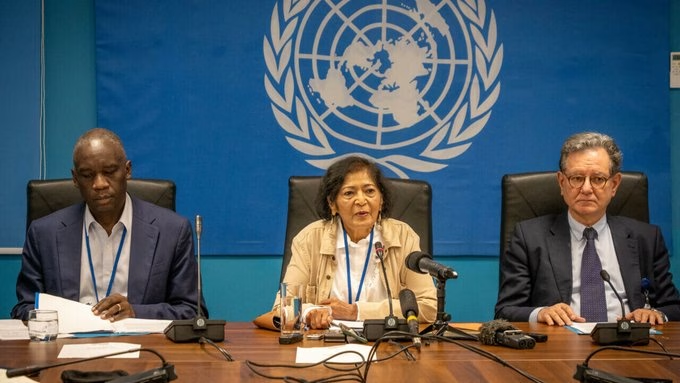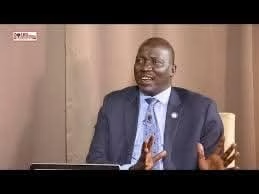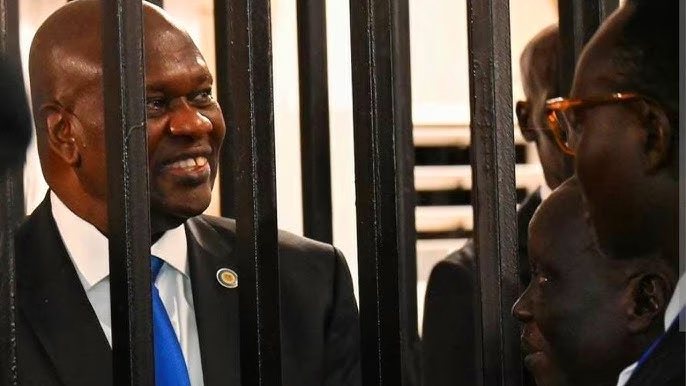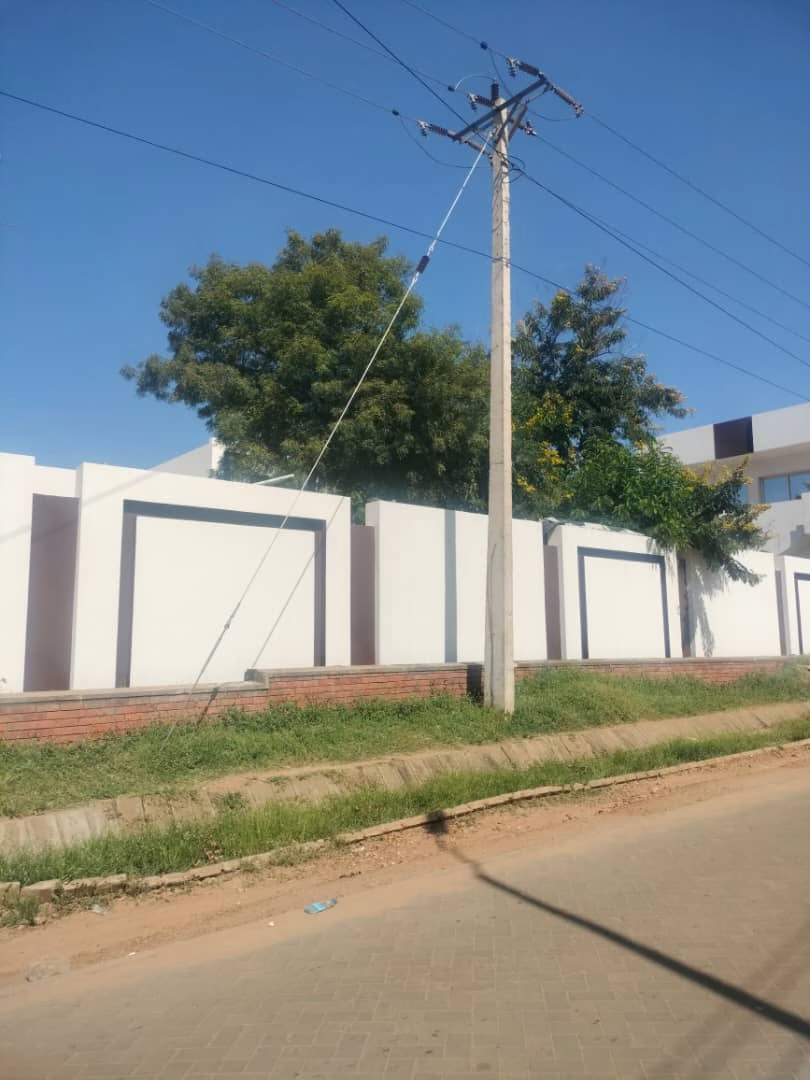South Sudan’s National Security Service (NSS) has warned journalists and media outlets against crossing what it is called “red lines” in media coverage, stressing the need to distinguish between public and classified information He emphasised that compromising national security will be met with strict legal action without discrimination.
In an official statement, the Director of Public Relations and Spokesperson for the NSS, David John Komori, said that the National Security Service does not target media professionals, but rather demands that they demonstrate professional responsibility when dealing with sensitive security issues.
Komori added:
“If a journalist commits a crime, they have no freedom because a crime does not distinguish between a journalist, a constitutional official, or anyone else. It is a crime against the state, and the law gives us the right to arrest them.”
He emphasised that the NSS’s role is to protect and prevent crime, emphasising that journalists are required to respect the legal distinctions between public information and that which falls within the scope of security confidentiality.
He continued, “There is information that can be freely circulated, and other information that can not be published because it threatens national security. When a journalist crosses this line, we, as a security agency, can not remain spectators.”
He also emphasised that the law applies to everyone without exception, saying, “Crime knows no boundaries. Whether you are a journalist, an official, or an ordinary citizen, if you commit a violation that threatens state security, you must bear legal responsibility.”
Concluding his remarks, the National Security Service spokesperson called on the media to exercise accuracy caution and to cooperate in raising community awareness.
He considered the media as an essential partner in protecting social peace, provided it adheres to professional standards and does not slip into paths that threaten the stability of the state.
The National Security Service’s statements, which included direct warnings to journalists regarding what is considered “confidential information” and a “threat to national security,” reflect a significant escalation in security rhetoric toward the media and raise real questions about the future of freedom of expression in South Sudan, at a time when the state is expected to foster an atmosphere of openness and national dialogue.
From a legal perspective, there is no dispute that every state has the right to protect its national security and sensitive information, a principle firmly established in all international legislation. However, the problem arises when clear criteria distinguish between “secret” and “public” information are absent, and these boundaries are left to the discretion of security agencies, opening the door to restrictions that may even affect coverage that serves the public interest.


 NSS spokesperson and director of public relations, David John Kumuri, at the NSS headquarters yesterday. [Photo courtesy]
NSS spokesperson and director of public relations, David John Kumuri, at the NSS headquarters yesterday. [Photo courtesy]




















